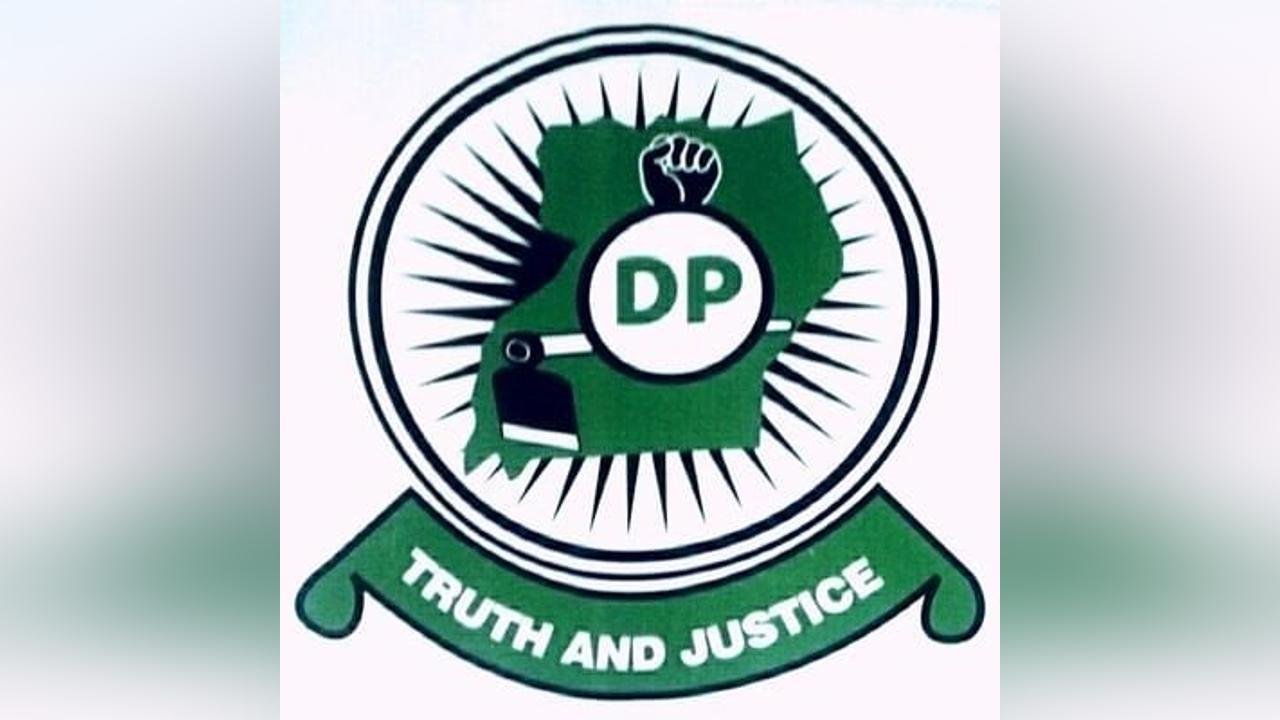Africa-Press – Uganda. Fresh divisions have erupted within the Democratic Party (DP) over the process of terminating the 2022 cooperation agreement signed with the ruling National Resistance Movement (NRM), with senior party leaders taking sharply opposing positions on the way forward.
The latest disagreement pits the party’s National Vice President, Mukasa Mbidde, against Buikwe South Member of Parliament Lulume Bayigga, who has consistently questioned the legitimacy of the agreement from the onset.
Mbidde has formally written to DP President Norbert Mao, requesting permission to hold public rallies across the country aimed at engaging citizens on the need to terminate what he describes as a “public agreement.”
“This was not a private agreement,” Mbidde told. “It is public in nature. Politics is a public affair. The termination process has to be moved across the country and the public included in the termination procedure.”
Mbidde’s argument is rooted in the belief that since the agreement has national political implications, its termination must be a consultative process involving the broader public and DP supporters.
However, Bayigga has sharply rejected this approach, arguing that the cooperation agreement was never sanctioned by the party’s structures and cannot be treated as a party position.
“The so-called cooperation agreement was never a party product,” Bayigga told.
“Mbidde has nothing to consult about the agreement which members of the Democratic Party never sanctioned through their structures.”
Bayiga maintains that the agreement was a personal decision by DP President Norbert Mao, and not a collective resolution of the party, thus rendering any calls for public consultation moot.
In 2022, DP President Norbert Mao and President Museveni, also chairperson of the NRM, signed a surprise cooperation agreement, pledging to work together in the governance of the country.
The deal saw Mao appointed Minister for Justice and Constitutional Affairs, while the party’s Secretary General Gerald Siranda secured a seat in the East African Legislative Assembly (EALA).
Since its signing, the agreement has continued to draw mixed reactions within DP ranks. While some have defended it as a strategic move, others—including key figures in the party’s top leadership—have questioned its legitimacy and relevance.
In a recent National Council meeting held in Soroti, DP members resolved to initiate the termination of the agreement, accusing the NRM of failing to implement agreed-upon reforms, including electoral changes and regular consultations.
For More News And Analysis About Uganda Follow Africa-Press






